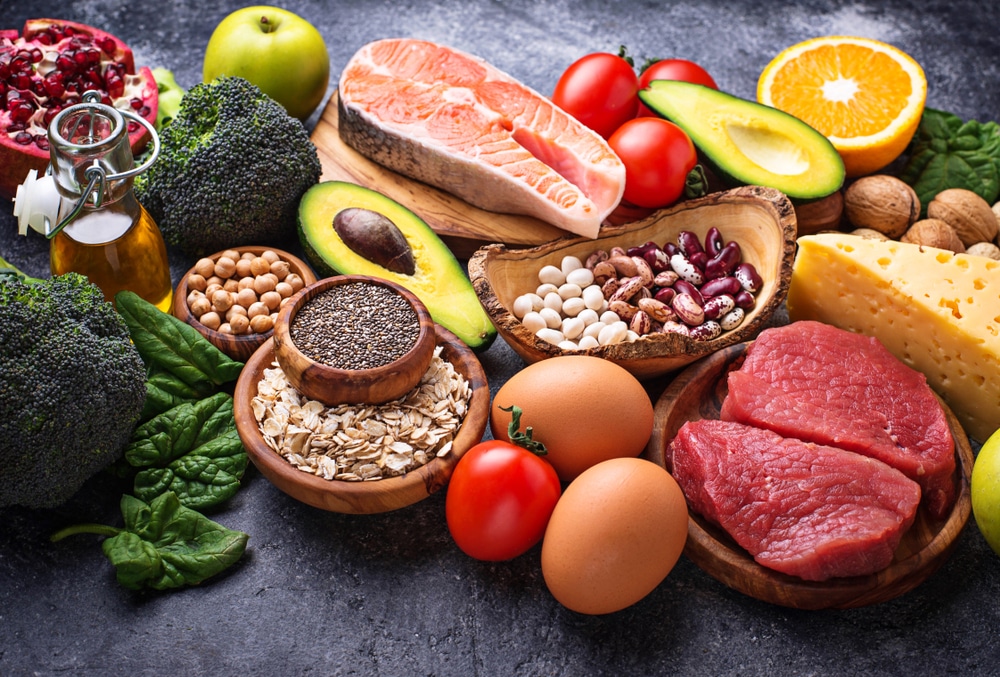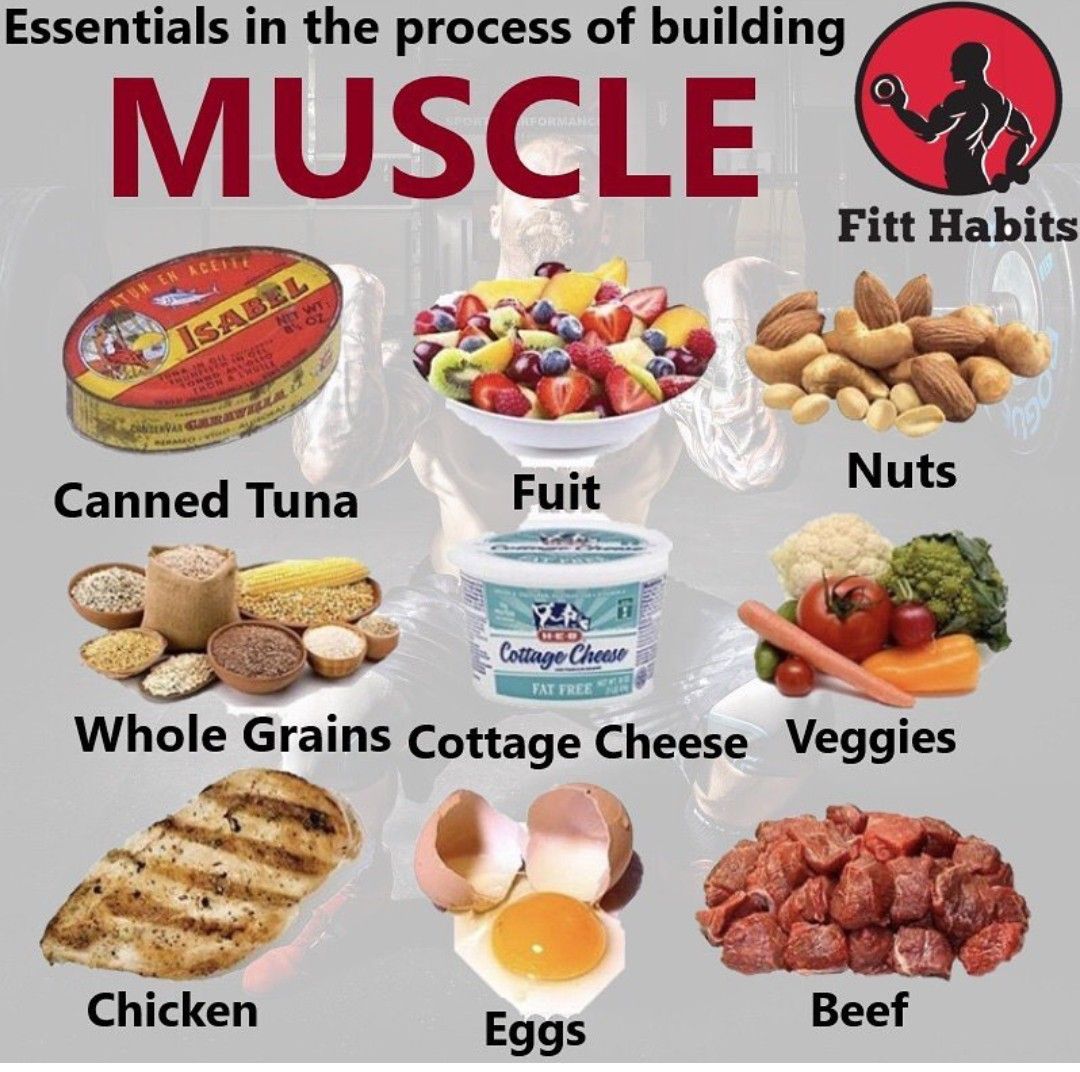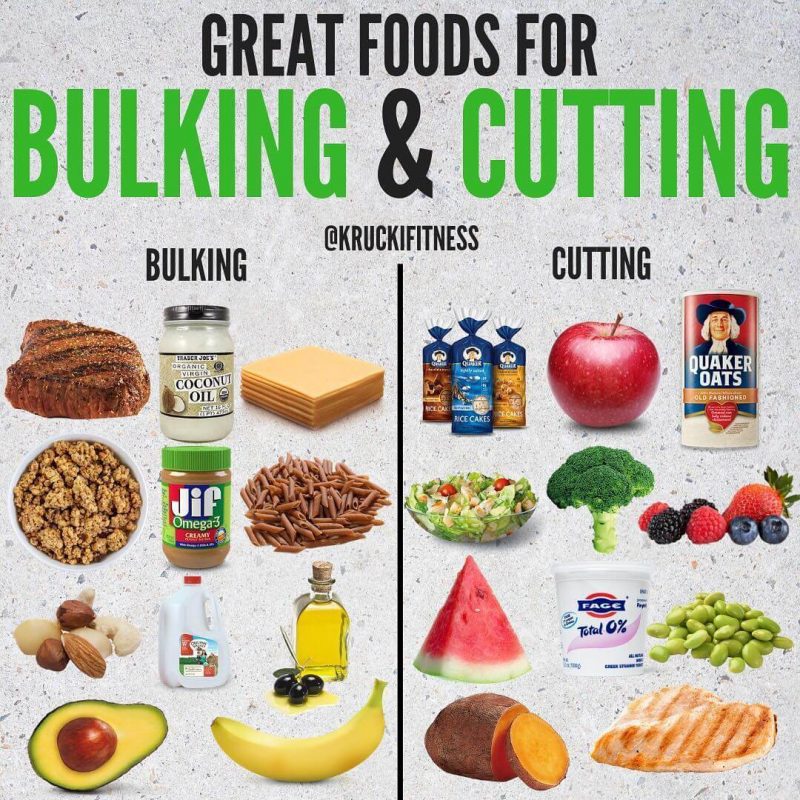Discover the world of bulking foods and embark on a transformative journey to gain weight, build muscle, and achieve your fitness goals. From understanding their nutritional composition to incorporating them into your daily diet, this comprehensive guide will empower you to unlock the potential of bulking foods.
As you delve into the realm of bulking, you’ll learn about the essential macronutrients that fuel muscle growth, the importance of calorie density, and the art of crafting a meal plan that supports your bulking ambitions. Whether you’re a seasoned athlete or just starting your fitness journey, this guide will provide you with the knowledge and practical tips you need to succeed.
Bulking Foods

Bulking foods are calorie-dense foods that can help you gain weight and increase muscle mass. They are typically high in carbohydrates, protein, and healthy fats, and can be a valuable part of a bulking diet.
Nutritional Characteristics of Bulking Foods
- High in carbohydrates:Carbohydrates provide energy and help to fuel your workouts.
- High in protein:Protein is essential for building and repairing muscle tissue.
- High in healthy fats:Healthy fats help to regulate hormones and provide energy.
Macronutrient Composition of Bulking Foods

In the realm of bulking, macronutrients play a crucial role in fueling muscle growth and recovery. Understanding the composition of bulking foods is paramount to optimizing your nutritional intake for effective muscle building.
Protein
Protein is the cornerstone of muscle building, serving as the primary building block for new muscle tissue. It aids in muscle repair and recovery, promoting muscle growth. Excellent sources of protein for bulking include:
- Lean meats (chicken, beef, fish)
- Dairy products (milk, yogurt, cheese)
- Legumes (beans, lentils)
- Protein powders (whey, casein)
Carbohydrates
Carbohydrates provide the energy necessary for intense workouts and support muscle recovery. They replenish glycogen stores, which are essential for fueling muscle contractions. Bulking foods rich in carbohydrates include:
- Whole grains (brown rice, oatmeal)
- Fruits (bananas, apples)
- Starchy vegetables (potatoes, sweet potatoes)
- Sports drinks
Fats
Fats, although not directly involved in muscle growth, are essential for hormone production and cell function. They contribute to overall health and well-being. Healthy sources of fats for bulking include:
- Avocado
- Nuts and seeds
- Fatty fish (salmon, tuna)
- Olive oil
Calorie Density and Bulking
Calorie density refers to the number of calories present in a given amount of food. When bulking, consuming foods with a higher calorie density can be beneficial as it allows you to consume more calories without feeling overly full. Conversely, foods with a lower calorie density can be more filling and may make it harder to reach your calorie goals.
Calorie Density of Bulking Foods
The following table compares the calorie density of various bulking foods:
| Food | Calories per 100g |
|---|---|
| Peanut butter | 588 |
| Olive oil | 884 |
| Whole milk | 61 |
| Brown rice | 365 |
| Chicken breast | 165 |
Meal Planning with Bulking Foods
Meal planning is crucial for bulking effectively. By incorporating bulking foods into your diet, you can increase your calorie and nutrient intake to support muscle growth and recovery.
The frequency and portion sizes of your meals will depend on your individual needs and goals. However, it’s generally recommended to eat 4-6 meals per day, with each meal providing a balance of protein, carbohydrates, and fats.
Meal Frequency
Eating frequent meals throughout the day helps to keep your metabolism elevated and provides your body with a steady supply of nutrients. Aim to eat every 3-4 hours, even if you’re not feeling particularly hungry.
Portion Sizes, Bulking foods
The portion sizes of your meals will vary depending on your calorie needs and activity level. However, it’s important to avoid overeating, as this can lead to weight gain and other health problems. A good starting point is to eat until you’re feeling satisfied but not overly full.
Sample Meal Plan
Here’s a sample meal plan that incorporates bulking foods:
- Breakfast:Oatmeal with fruit, nuts, and milk
- Mid-morning snack:Protein shake with banana
- Lunch:Grilled chicken with brown rice and vegetables
- Afternoon snack:Cottage cheese with fruit
- Dinner:Salmon with sweet potato and asparagus
- Evening snack:Casein protein shake before bed
This meal plan provides a balance of protein, carbohydrates, and fats, and it’s a good starting point for bulking. You can adjust the portion sizes and frequency of meals to meet your individual needs and goals.
Practical Considerations for Bulking

To effectively incorporate bulking foods into your daily diet, consider the following tips:
Prioritize whole, unprocessed foods such as fruits, vegetables, lean proteins, and whole grains. These foods provide essential nutrients, fiber, and satiety.
Cook meals at home to control portion sizes and ingredient choices. This allows you to tailor your meals to your specific calorie and macronutrient needs.
Incorporate snacks between meals to prevent excessive hunger and maintain energy levels throughout the day. Choose nutrient-rich snacks like fruit, nuts, yogurt, or protein shakes.
Stay hydrated by drinking plenty of water before, during, and after meals. Hydration supports muscle recovery, prevents dehydration, and promotes overall well-being.
Ensure adequate rest and recovery. Sleep deprivation can disrupt hormone balance, leading to decreased muscle growth and increased hunger cravings.
Hydration and Rest
Hydration is crucial for bulking as it supports muscle recovery, prevents dehydration, and promotes overall well-being. Aim to drink plenty of water throughout the day, especially before, during, and after meals.
Adequate rest and recovery are equally important. Sleep deprivation can disrupt hormone balance, leading to decreased muscle growth and increased hunger cravings. Aim for 7-9 hours of quality sleep each night.
Quick FAQs
What are the best bulking foods?
Bulking foods rich in protein, carbohydrates, and healthy fats are ideal for gaining weight and building muscle. Examples include lean meats, whole grains, fruits, vegetables, nuts, and seeds.
How often should I eat when bulking?
To support muscle growth, aim for 5-6 meals per day, spaced evenly throughout the day. This will help maintain elevated protein synthesis and provide your body with a steady supply of nutrients.
Is it okay to eat junk food when bulking?
While occasional indulgences are acceptable, it’s crucial to focus on nutrient-rich whole foods when bulking. Junk foods are often high in calories but low in nutritional value, which can hinder your progress.